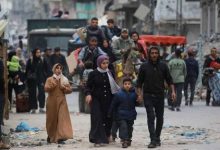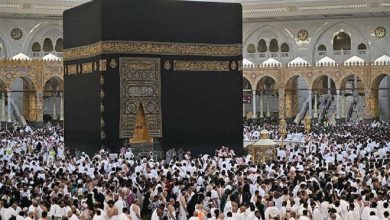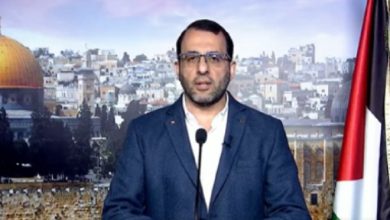Palestinians in Gaza Defy Trump’s Displacement Plan and Reaffirm Their Right to Their Land
Despite U.S. pressure and the devastation of war, Gazans reject forced displacement and turn siege into a symbol of resilience.

Watan-Amid increasing U.S. pressure to implement President Donald Trump’s plan aimed at displacing Palestinians from the Gaza Strip, Palestinians have taken a firm stance in holding onto their land and rejecting all schemes seeking to uproot them from their homeland. Despite ongoing suffering due to the Israeli war that has devastated the Strip’s infrastructure and made life even more difficult, the people of Gaza have decided to turn the tables on the American plan, reaffirming their deep-rooted historical ties to their land.
Trump’s recent remarks, in which he described Gaza as “no longer a livable place,” were an attempt to persuade Palestinians to leave under the pretext of reconstruction. However, the comments backfired. Instead of seeking migration, many Gazans who had considered leaving reconsidered their decisions—not only due to the complexities of travel but, as many say, “out of defiance toward Trump.”
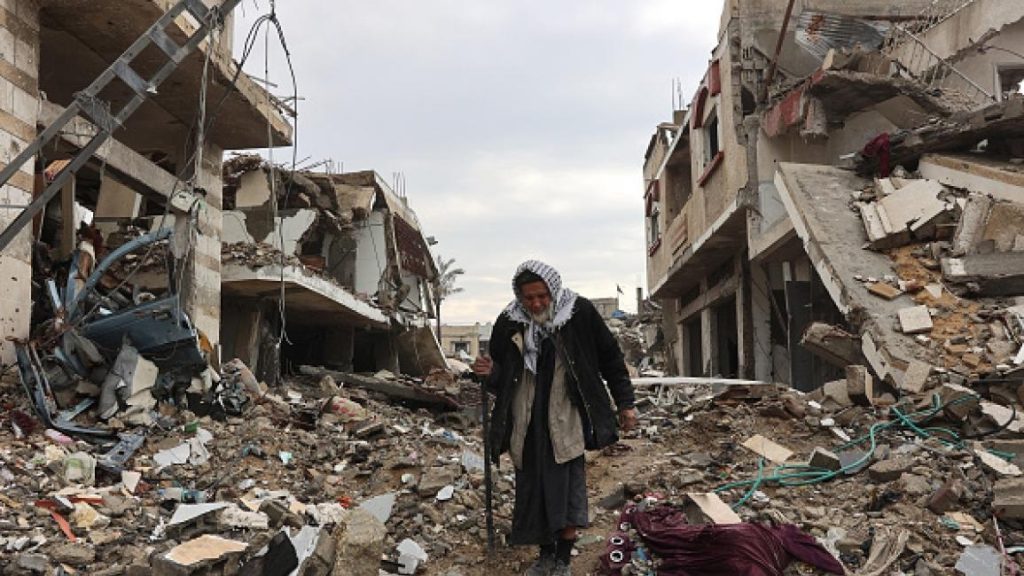
One such Palestinian is Nabil Eid, who had completed travel arrangements to leave the Strip with his family in search of a better future. However, after the U.S. statements revealing Washington’s true intentions of forcibly displacing Palestinians, he chose to stay. This reflects the broader sentiment among Gazans, who view remaining in Gaza as an act of resilience, no less significant than direct military confrontation with the Israeli occupation.
The reality on the ground indicates that Trump’s plan has not only failed but has also become a motivating factor for Palestinians to cling even more to their homeland. Instead of implementing the displacement scheme, the occupation and the U.S. administration now find themselves facing a people determined to turn siege and destruction into a means of reaffirming their right to the land.
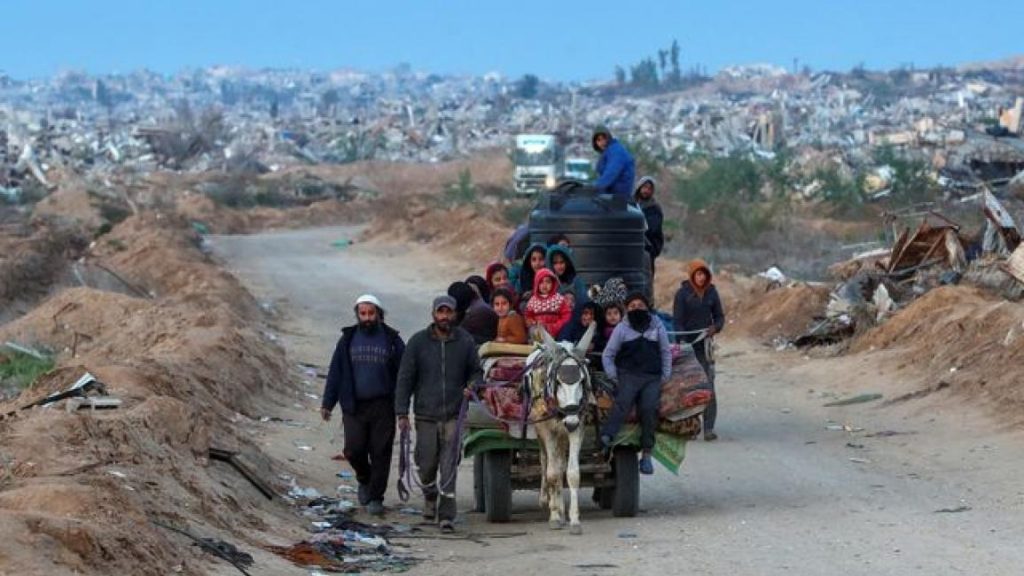
The popular movement rejecting the displacement plan has begun taking various forms of grassroots initiatives, underscoring that Palestinians in Gaza see the scheme as an attempt to recreate the 1948 Nakba through new methods—something they will not allow under any circumstances. Meanwhile, calls for political and media resistance have intensified to expose the full scope of the plan internationally and prevent it from being carried out under the guise of reconstruction or humanitarian aid.

